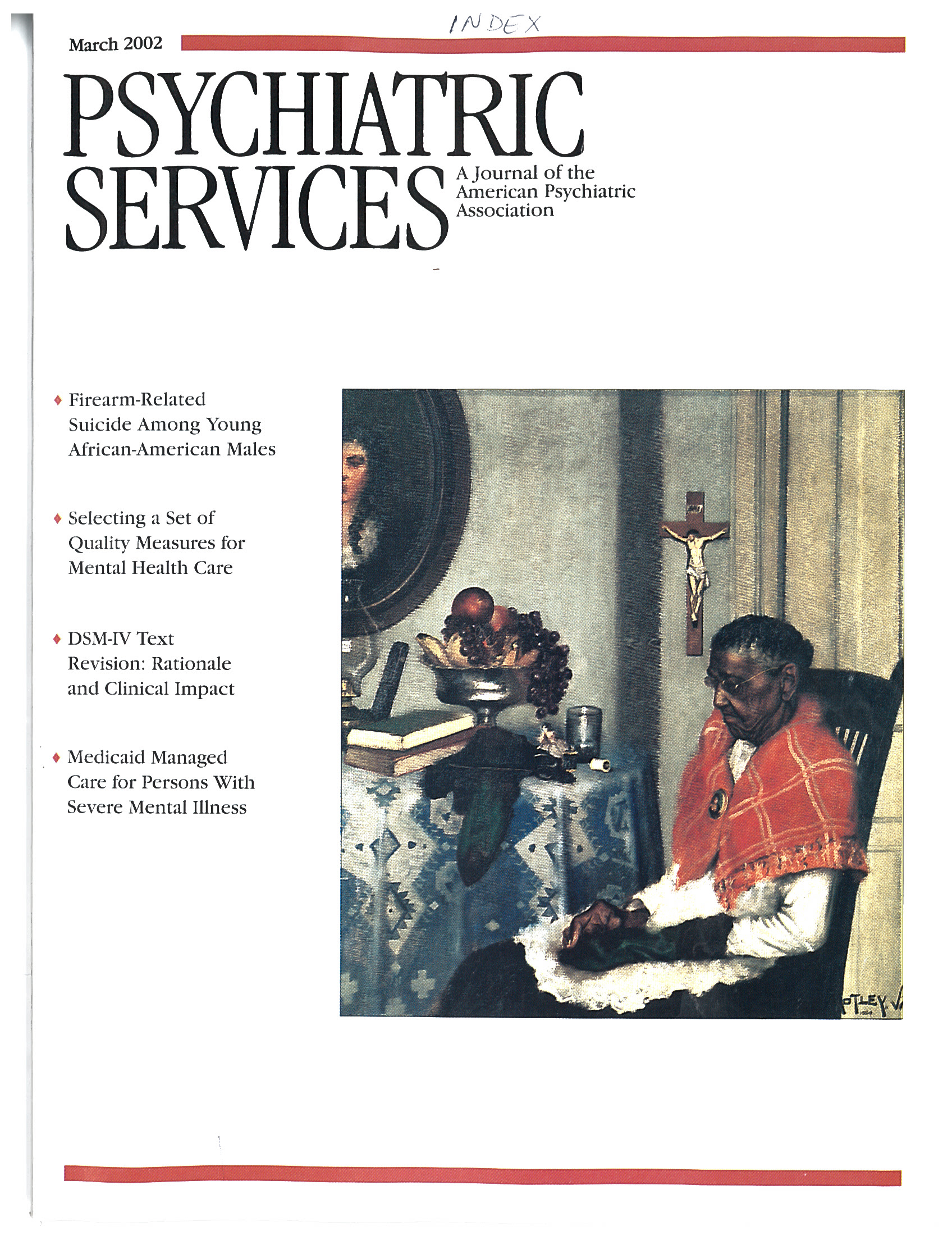Children with learning disabilities grow up to be adults with learning disabilities. While the challenges of a childhood with a learning disability tend to center on academic issues, in adulthood the challenges extend far beyond the schoolhouse walls, affecting relationships, work experiences, and day-to-day activities in the community.
It is critical that mental health professionals who treat adults with learning disabilities understand this broad impact, a point brought home well in Hanging by a Twig. The authors, Carol Wren and Jay Einhorn, bring considerable clinical experience to this project, the former as the founding director of Project Learning Strategies (PLuS), a support program at DePaul University for students with learning disabilities, and the latter as a clinical psychologist whose practice has focused on this population.
The authors work in tandem in this book, analyzing from their specific professional perspectives the personal stories of six individuals with learning disabilities who were interviewed in depth for this study. Despite the different vocational directions and educational achievements of the interviewees, they have many experiences in common. Wren's descriptions of the educational basis of their problems are followed by Einhorn's commentary, in which he raises therapeutic questions. The combination of the authors' words and those of the interviewees in quotations offers a broad window into the experience of life with a learning disability.
This book is directed primarily to mental health professionals, and for them it is a valuable resource. Einhorn offers a framework for treatment, emphasizing that understanding the nature of an individual's learning disability and the role it has played is critical to the success of psychotherapy. His commentary, based on an integration of cognitive-behavioral and psychodynamic models, offers therapists practical suggestions—for example, that it is helpful to provide information in short segments if a client has a language processing problem; insightful advice—for example, clients often need to mourn lost opportunities and lost status; and cautions about the danger of the misinterpretation of symptoms that can result from not understanding learning disabilities—for example, a client's digression may be thought to be defensive behavior when it is in fact a function of his or her learning disability.
Wren and the study subjects themselves discuss a variety of practical educational strategies to ease stress and to foster healthier life adjustment in adults with learning disabilities. Adding to the book's value as a resource are chapter endnotes listing relevant research as well as appendixes presenting a checklist of indicators of learning disabilities in adults and suggested modifications of therapy that can help accommodate adults with learning disabilities in treatment.
Mental health professionals will find the writing in this book accessible and engaging, although perhaps with the exception of the introductory chapter, which is inexplicably and ineffectively formatted as a dialogue. The authors express the hope that adults with learning disabilities will find the book useful as well. However, the text is largely clinical, and even lay readers with strong reading skills are likely to find themselves hindered by their lack of familiarity with the terminology and concepts.
Nonetheless, Hanging by a Twig makes a valuable contribution to the field and deserves a place on the therapist's bookshelf.

